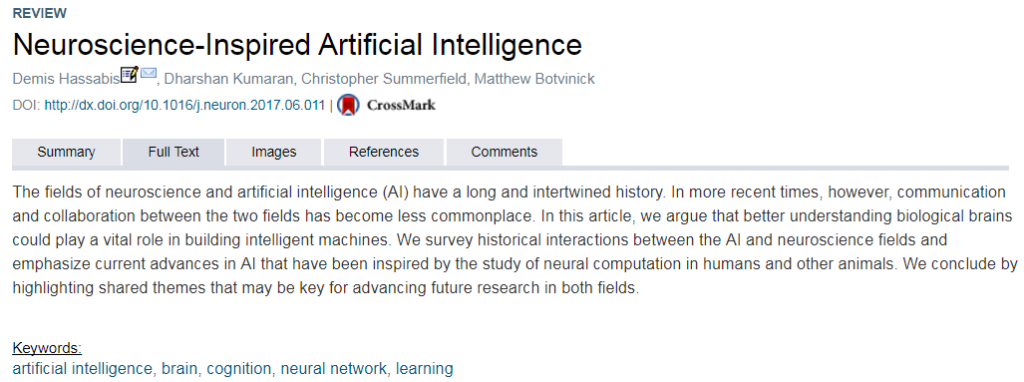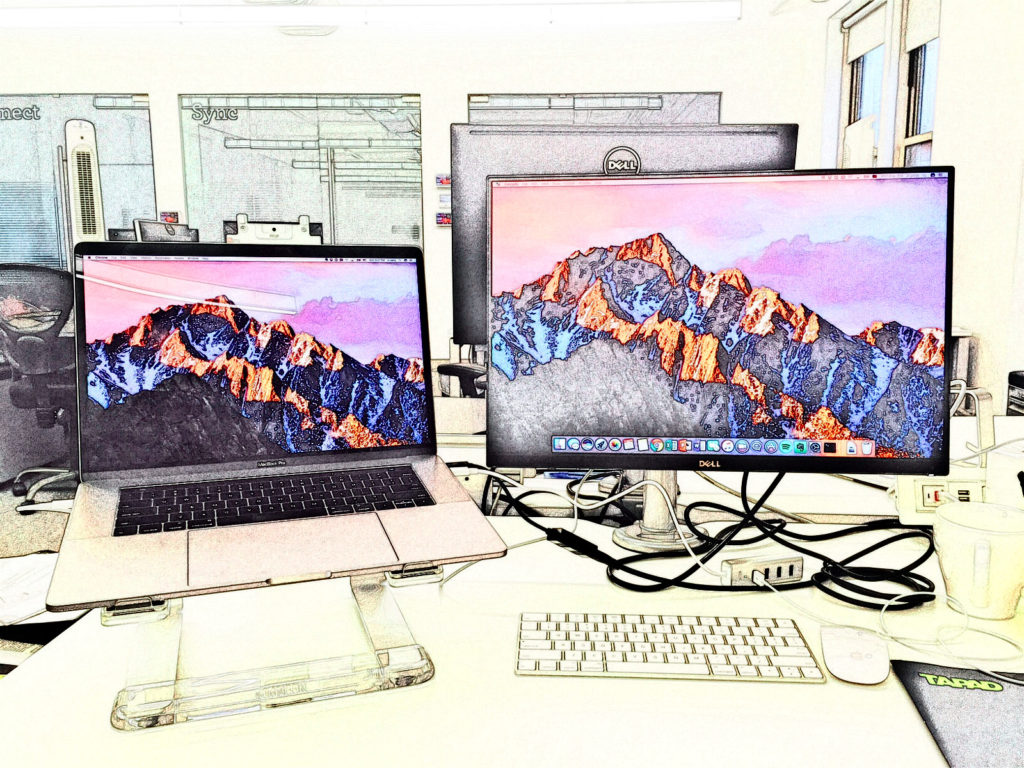Halfway mark of my summer internship at Tapad! The past 4 weeks have been very exciting and fulfilling. Learning from experienced colleagues and marketing gurus is not only educational from a technical perspective, but also quite inspiring for my personal development. This Friday, we had a team-building improv workshop (I truly recommend everyone and every team to check it out. Really mind blowing!). I was impressed by the “Yes, and…” teamworking spirit and the power of encouragement.
Witty branding
“The winning team found a problem that most of us encountered, proposed a good solution, and developed a working prototype. Also, they had very strong branding!” As the SVP of product made the announcement, the one-week intern hackathon came to an end. Although the product my team developed did not win the final competition, I really enjoyed collaborating with full time employees on my team, brainstorming, and building a product from scratch to solve a real business problem. More importantly, I realize the importance of branding.
From Neuroscience to Machine Learning
This week, Neuron published a review titled Neuroscience-Inspired Artificial Intelligence, authored by Demis Hassabis (the cofounder of DeepMind and creator of AlphaGo) , Dharshan Kumaran (computational neuroscientist) , Christopher Summerfield (cognitive neuroscientist), and Matthew Botvinick (experimental psychologist). The authors called for a wide collaboration and communication between neuroscience community and computer science/engineering, illustrated how AI algorithms nowadays were inspired and validated by neuroscience, and envisioned a future where integrated AI and neuroscience research might yield insights into human cognition and smarter machines. When I was reading this review, I felt a deep excitement: I am so fortunate to witness the interaction of these two fields, not only as an audience, but also as a practitioner.
It is not just about technology
I started my summer intern as a Data Scientist this week at Tapad, an AdTech company headquartered in New York. Besides the amazing start up environment and cool meeting rooms, enthusiastic and welcoming colleagues, unlimited snacks and coffee, and exciting frontier research on Device Graph, one thing that completely changes my understanding about technology is that: the success of a tech company is not just about technology.
Shared Ride Efficiency in Brooklyn
In my previous post, I presented interesting trips patterns of NYC taxis. Here, I focus my analysis of Brooklyn. Brooklyn is a very popular place of interest for both tourists and local people to eat, drink, and have fun. I usually take subway train L or G to visit Brooklyn. However, L train is to be shut down in 2019 for 1.5 years [1], which may severely affect Brooklyn’s business. Taxi trips, in particular, shared taxi trips, may become the mainstream transportation in Brooklyn.
Shared Ride Efficiency: Data Exploration
In the previous post, I used SQL and Python to clean NYC taxi and Uber data in 2015. In this post, I performed data exploration and visualization using Pandas and Tableau, and present some interesting patterns of taxi trips in NYC.
Shared Ride Efficiency: Data Wrangling
With the ever increasing amount of big data available and the development of dynamic route optimization algorithm, low cost shared ride becomes more and more popular. Uber and Lyft both offer shared ride service, UberPool and Lyft Line, in order to best capture the benefit of shareconomy. Via, an on-demand shared ride start up, offers flat-rate shuttle service in urban areas and has recently expanded its business to Brooklyn.
Here, I explored NYC taxi dataset of year 2015 from Google BigQuery, started with a big picture analysis of NYC taxi services, analyzed the features of NYC taxi trips, and then focused on Brooklyn local trips. I built a simplified model (rather than a sophisticated dynamic TSP algorithm) to assess shared ride efficiency in Brooklyn. I discovered that over 15% trips within Brooklyn are shareable on late weekend night. Shared ride efficiency largely depends on the total number of trips, emphasizing the importance of scale in shareconomy.



